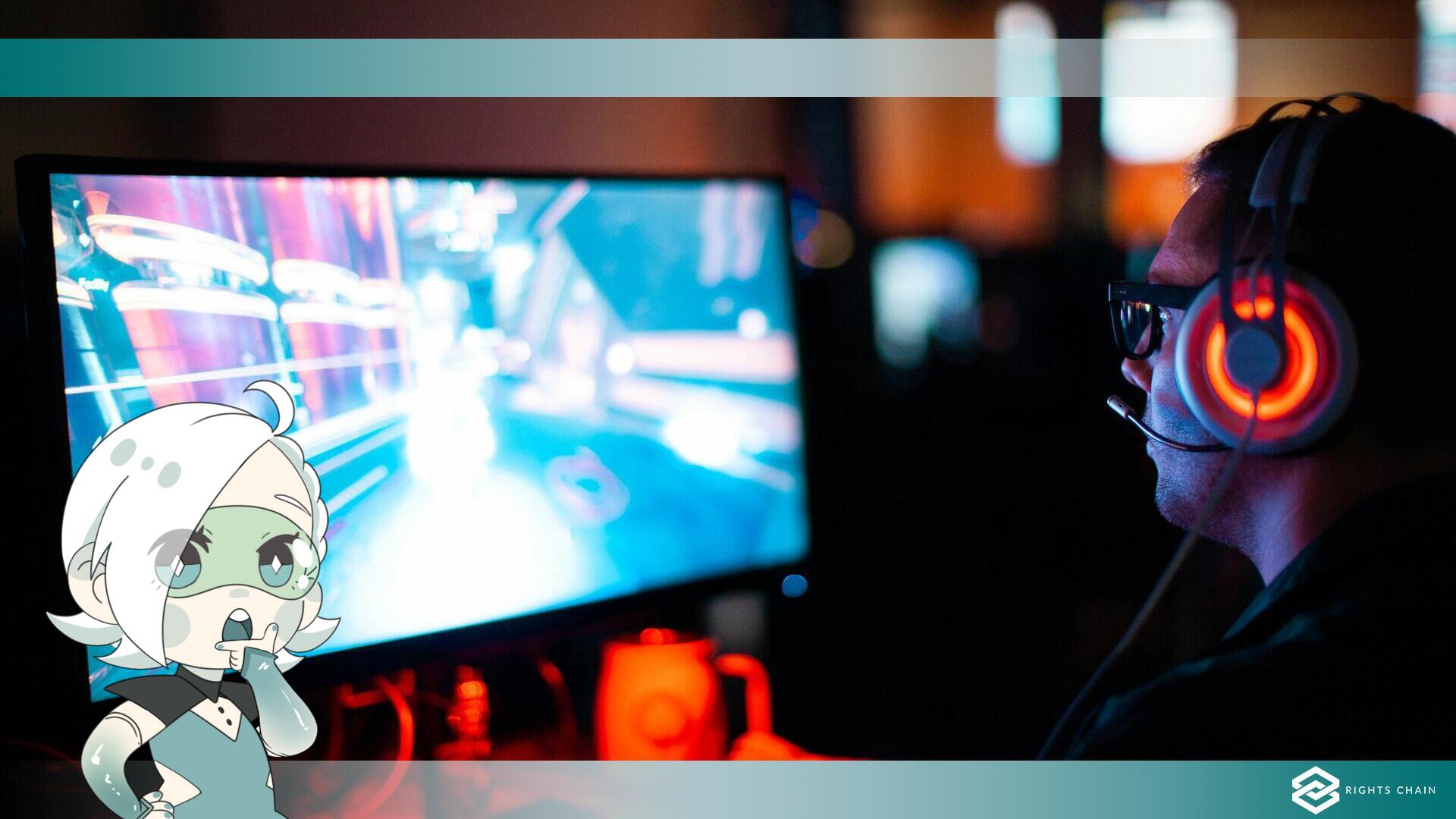The video game industry and SAG-AFTRA's new strike: performers' reaction to AI.

- 2024-08-04
- Yako
- Business
- Sean Do | Unsplash
26 July 2024, 12:01 AM, what was promised during September 2023 becomes reality.
Authorised in the midst of complex negotiations with the AMPTP (Alliance of Motion Picture and Television Producers) dating back to last autumn, the second major strike by the SAG-AFTRA union officially began on the night of 25-26 July 2024. As in the past, the current protest is the consequence of a year and a half of hopeful negotiations, aimed at reaching an agreement regarding proper protection from the use of artificial intelligence for all professionals working within the video game industry.
The conflict, which began in October 2022, aimed at obtaining employment contracts containing specific protections for the relationship between the use of AI and the workers involved. Following the failure to reach a compromise, the union made a strike proposal to its members, obtaining a 98.32% vote in favour - it then launched a rebellion against all the video game companies that were signatories to the Interactive Media Agreement (including: Activision Productions, Electronic Arts, Epic Games, Take-Two Interactive, Insomniac and Warner Bros Discovery's WB Games).
The current strike was introduced by Fran Descher, president of SAG-AFTRA, in clear and determined words. "We will not accept a contract that allows companies to abuse AI to the detriment of our members. Enough is enough. When these companies get serious about proposing an agreement that our members can live - and work - with, we will be here, ready to negotiate." The professionals directly involved in the affair consist mainly of voice actors, motion-capture actors, and performers specialising in video game production. Consequently, the union's major concerns revolve around the misuse of this recent technological resource to train AI to replicate the voice of a voice actor, or to create a digital replica of an actor's likeness, without consent or fair compensation.
What further complicates the matter is a difference of opinion regarding the definition of a 'performer' and, therefore, of the worker protected by the eventual contract: "The industry has told us that it does not necessarily consider all those who provide a rendering performance to be performers covered by the collective bargaining agreement," Ray Rodriguez, the union's contract manager, recently stated. Currently, the protest counts more than two thousand striking workers - some of whom could only be considered as 'data'.
According to the union, the companies currently at the centre of the situation were willing to negotiate, and managed to reach some of the meeting points demanded by SAG-AFTRA; however, the employers refused to state clearly, in clear and understandable language, that they will protect all employees covered by the contract after the agreements from AI. The potential developments are innumerable, especially considering a substantial difference with the 2023 strike: the entertainment sector involved previously had a single body, the AMPTP, as an opponent - the video game sector, on the other hand, does not have an organisation aimed at uniting different companies in the industry, meaning that each company could propose different solutions, different contracts, and conduct quite different negotiations.
As mentioned several times in the past, artificial intelligence is an undoubtedly valuable tool: its usefulness has been proven and recognised in several areas, now almost completely dependent on its presence. This, however, does not mean that this recent technology should be implemented within all professional fields, especially those that find their foundations in human creativity and passion. An artificial component will never be able to provide an emotional and empathic contribution as engaging as a story told by a thinking mind, by a beating heart.
If strikes are the only way to highlight yet another difficulty caused by the misuse of this technology, let people go on strike.
